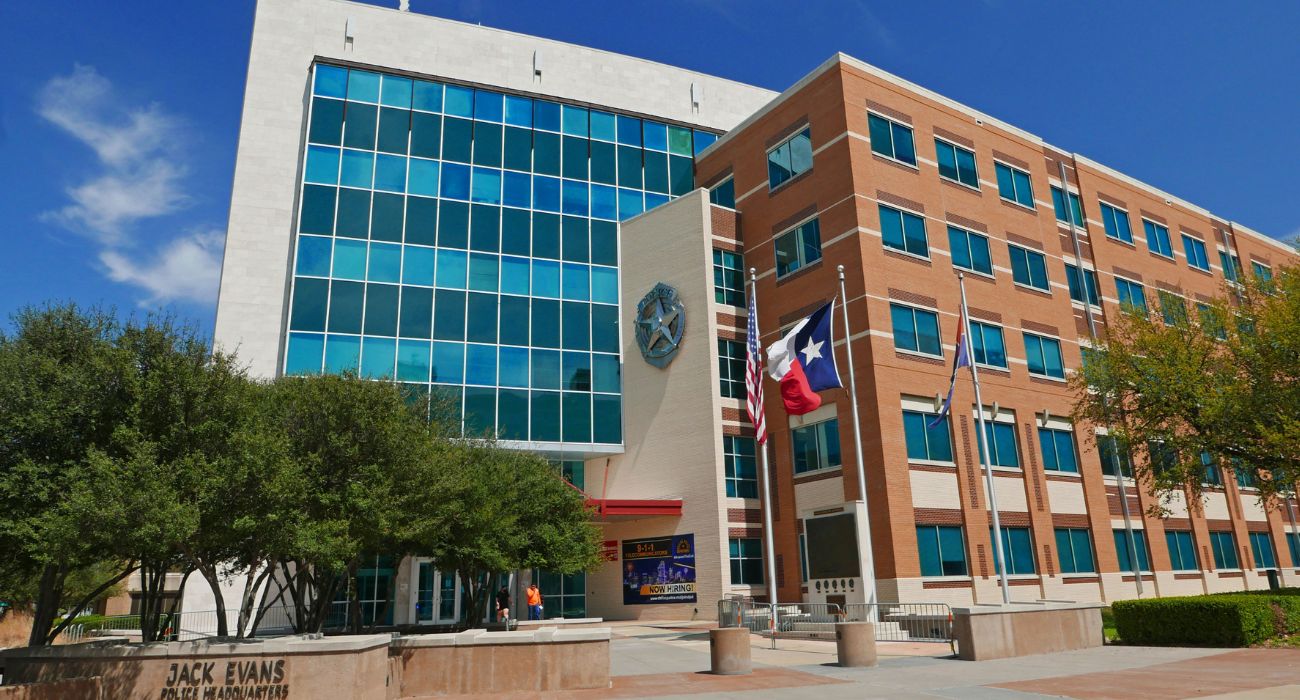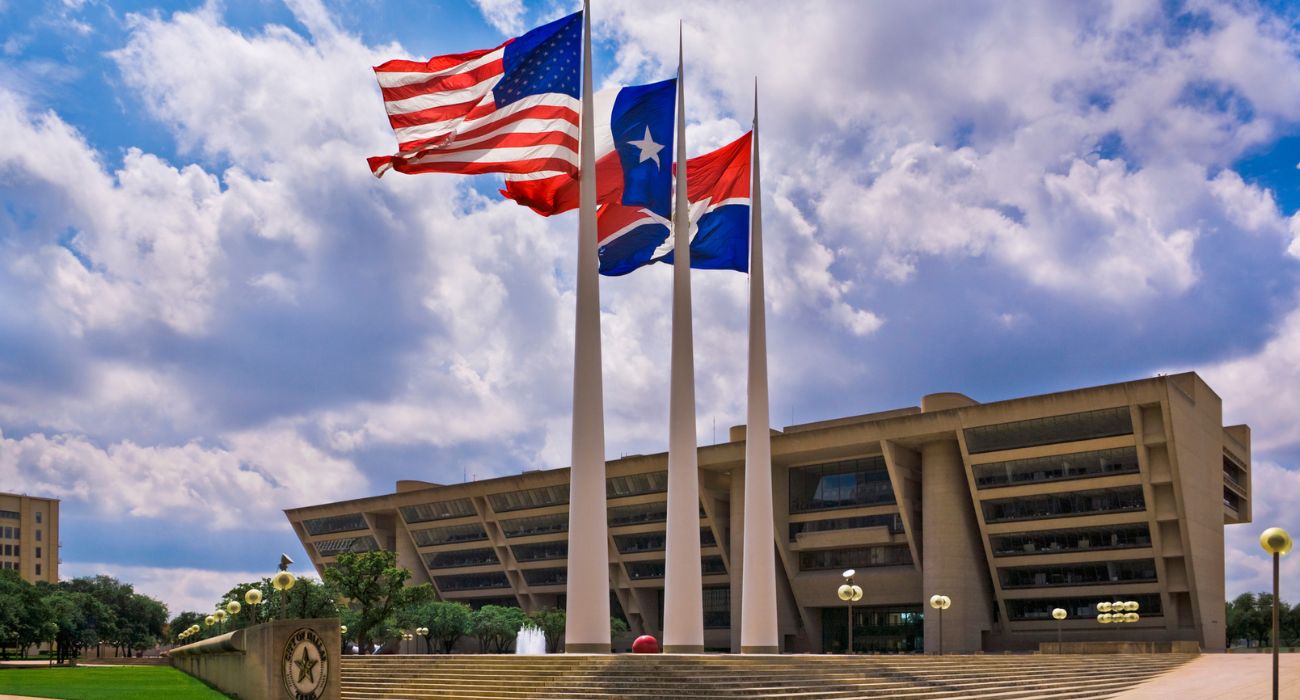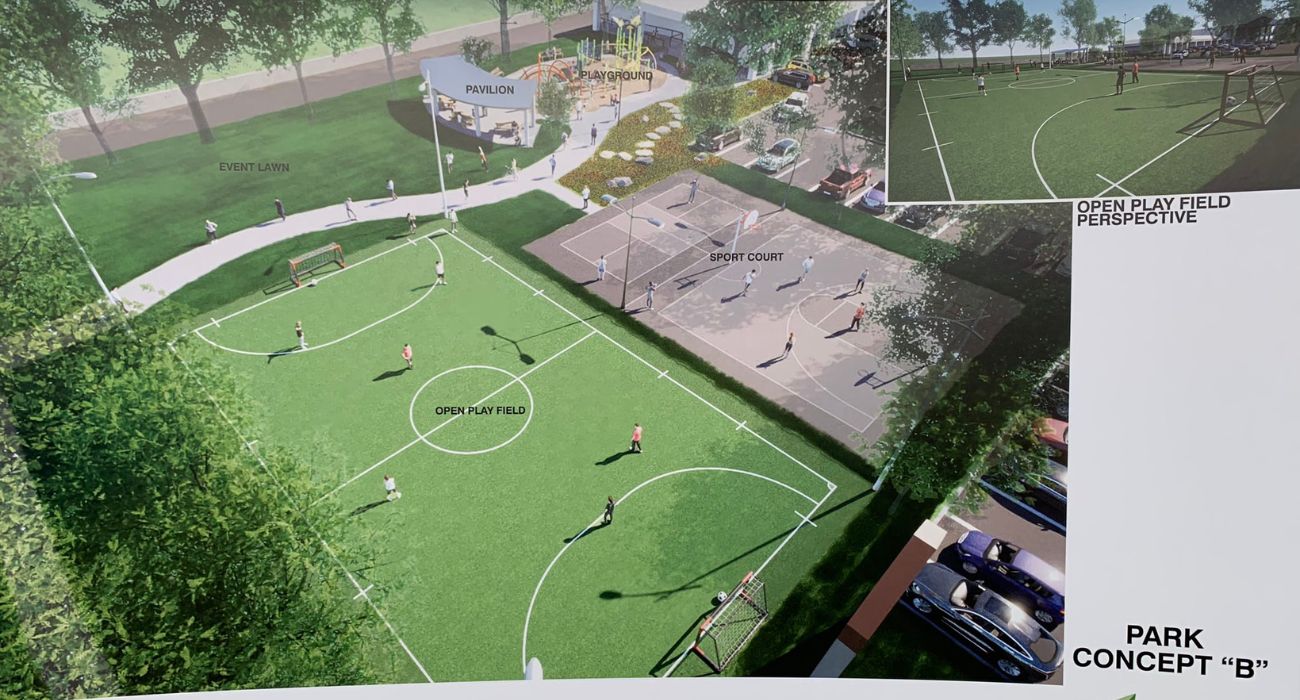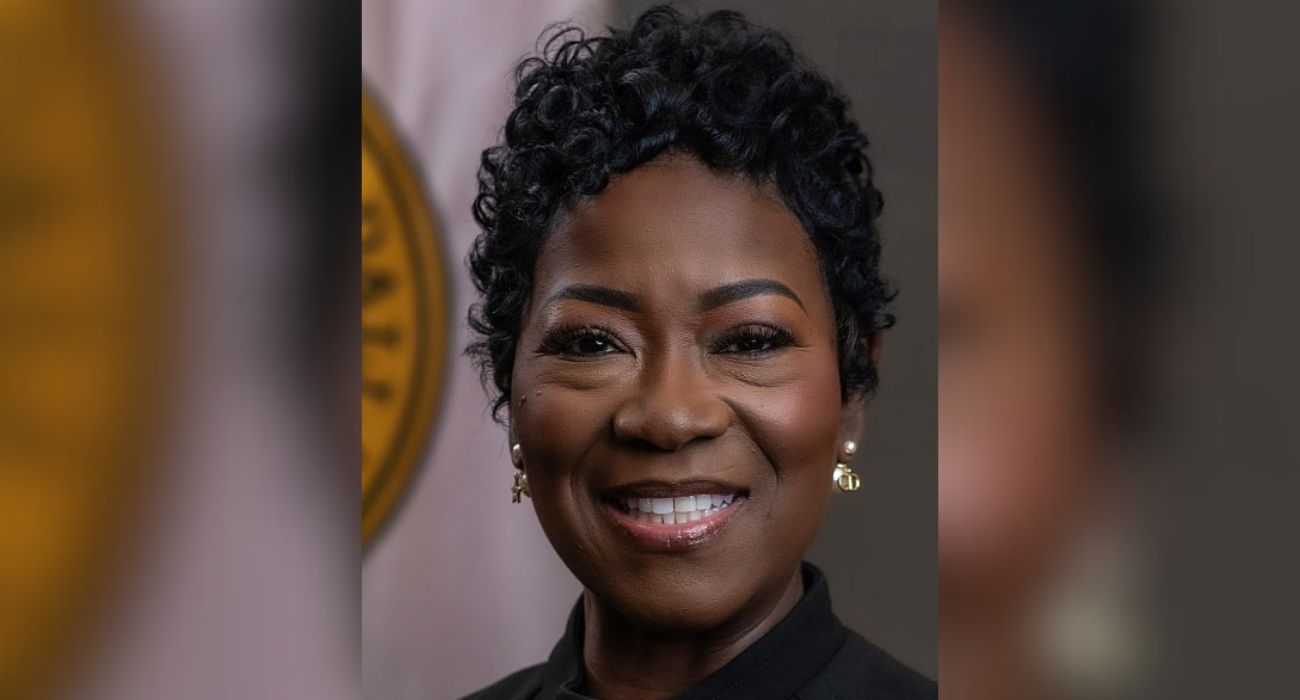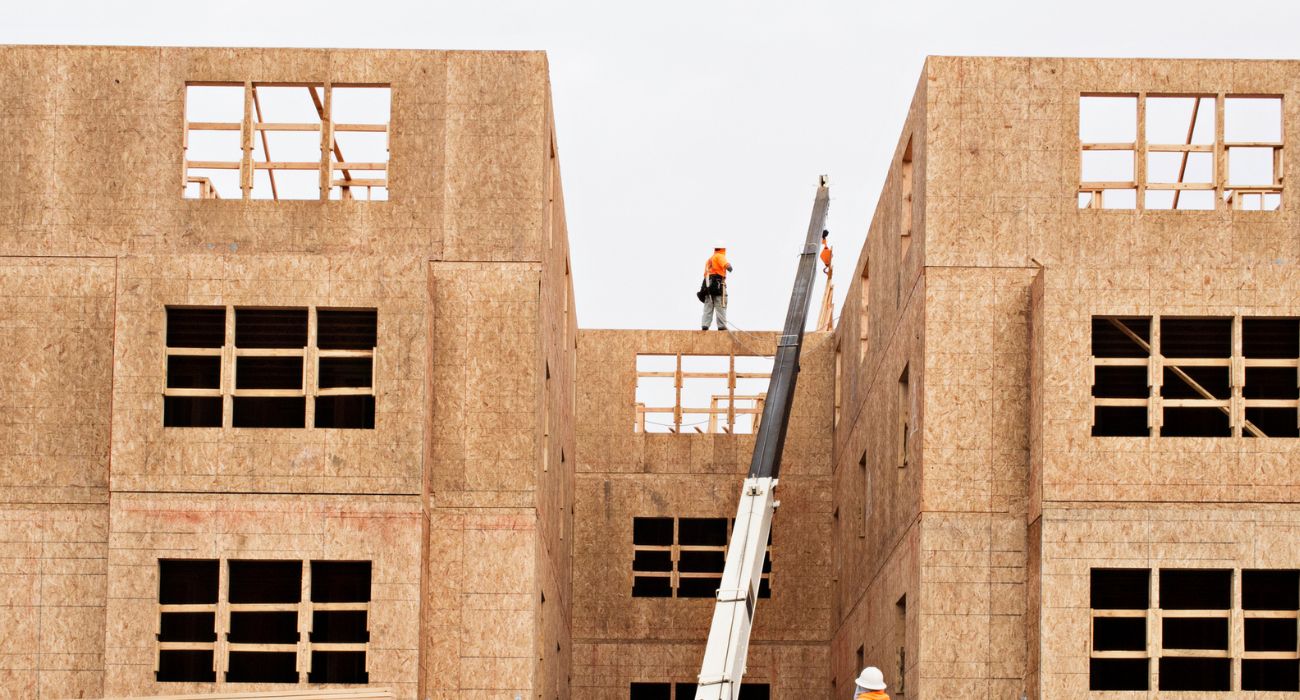A recent poll of Dallas municipal voters likely to vote in the May 6 election showed an overwhelming majority of respondents thought the police deserved more funding.
The survey, conducted by D.C.-based Garin-Hart-Yang Research Group on behalf of Mayor Eric Johnson, suggested 83% of Dallas citizens considered “Increasing salaries, benefits, and training to help retain and recruit highly qualified police officers” to be very or fairly important.
Responding to the survey, Dallas Police Department (DPD) Chief Eddie Garcia told The Dallas Express, “[W]e continue to find new ways to recruit and retain quality members to our force.”
“From better pay, recruitment pay incentives, new programs and units focused on employee health and wellness, to taking our candidate search across Dallas, the state and outside of Texas, we are ensuring we recruit the best officers and make sure they stay and grow within our department,” Chief Garcia added.
“Improving the work conditions, and the health and happiness of our employees in mind is a top priority for me and for the Dallas Police Department,” he concluded.
The results come shortly after the DPD reported a 19% vacancy rate, with 856 positions being open. Furthermore, Mayor Eric Johnson recently urged potentially frustrated Austin police officers to come work for DPD instead, as The Dallas Express reported.
Mayor Johnson reacted to the survey results by saying, “Dallas has significant momentum right now that you can sense in our communities, and these survey results truly quantify the positive vibes you can feel in our city.”
“We still have work to do on behalf of the people of Dallas, but I am proud of what we have accomplished despite all of the myriad challenges and crises of the last four years,” he continued.
Johnson will be the only name on the ballot in May for the office of mayor, becoming the first incumbent to run unopposed since J. Erik Jonsson in 1967.
“Together, we have made Dallas safer, stronger, and more vibrant,” Johnson claimed. “And I look forward to continuing to build on this Big Dallas Energy and solving problems with common-sense solutions in the years to come.”
Despite declining for two consecutive years from the highs of 2020, violent crime in Dallas has increased again 4.4% year-to-date as of March 14, according to the Dallas Crime Analytics Overview. Murder specifically has leaped by 25%.
Johnson has been a longtime advocate for law enforcement spending, speaking against the “Defund the Police” movement in 2020.
“We actually do have to support our police department, make sure they have what they need,” Johnson said at an event in Austin attended by The Dallas Express.
“It’s because I grew up in the neighborhoods I grew up in, it’s because I live in the skin that I live in, that I know for a fact that the cries to defund the police or underfund the police or get the police out are not coming from those communities,” he added.
In his most recent State of the City speech, the mayor emphasized his belief that “the foundation of everything we do is public safety.”
“No matter which way the political winds blew, I always put public safety first,” Johnson claimed. “I fought back against the defund the police movement.”
Some Dallasites, however, pointed to the rise in crime and suggested that the city has become more dangerous.
Jacob Lloyd Colglazier, the executive director of community activist group Keep Dallas Safe, claimed to The Dallas Express, “Despite city officials’ claims that crime is going down, it is evident that residents of Dallas feel less and less safe. An increased police presence is a relief no matter what neighborhood you are in; only criminals benefit from a weak police force.”
The poll had 501 respondents and an error margin of +/- 4.5% and was paid for by Mayor Johnson.
The organization commissioned for the survey, Garin-Hart-Yang Research Group, claims that its “history of accomplishments includes winning open seats, helping Democrats succeed in places that often vote Republican, electing women to statewide office, helping elect political newcomers, winning contested primaries, and winning initiative and referendum campaigns.”

